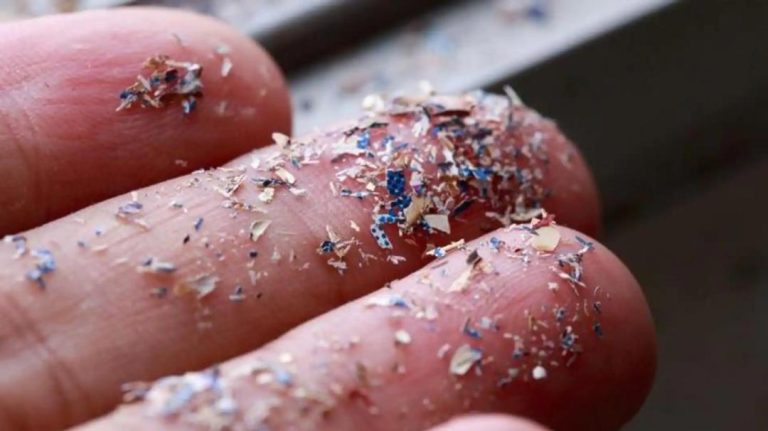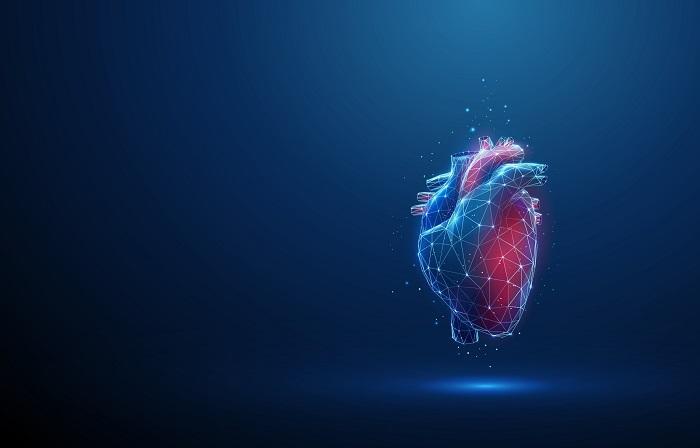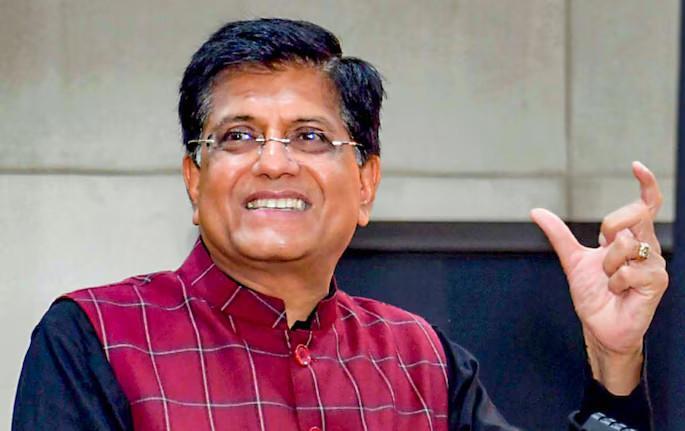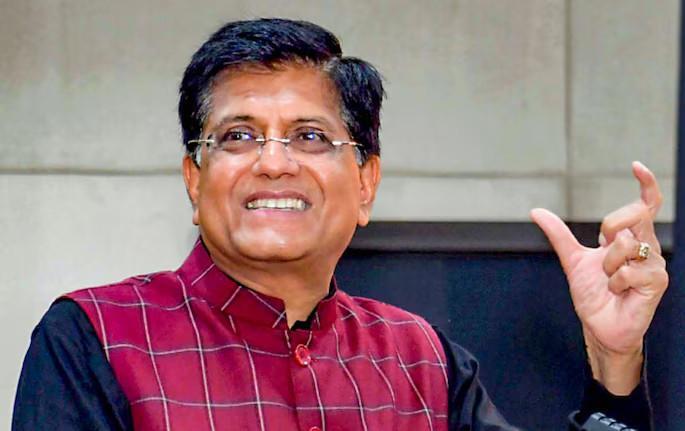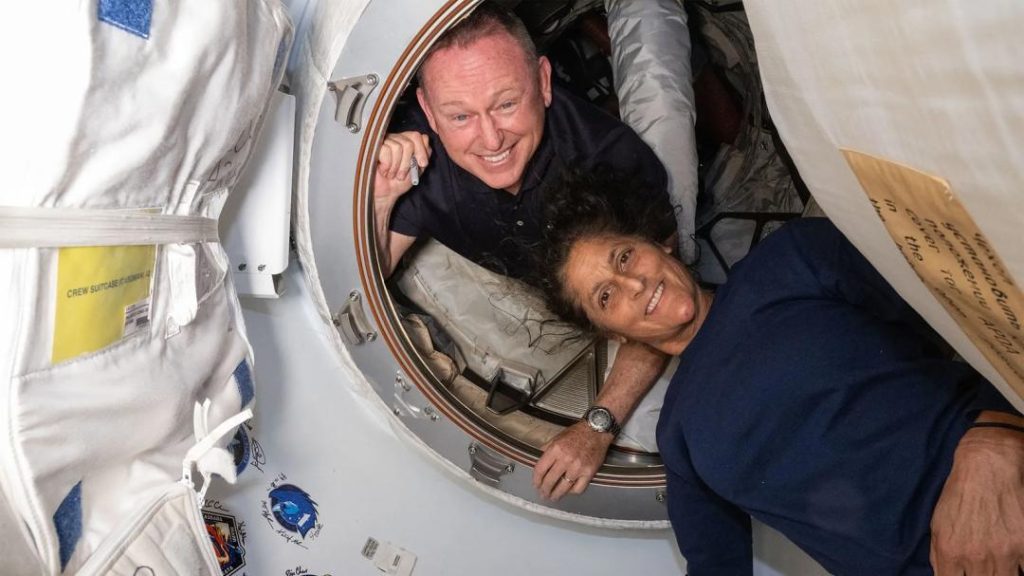
What Challenges Will Sunita Williams and Butch Wilmore Face After Returning to Earth?
Next week, astronauts Sunita Williams and Butch Wilmore will return to Earth after spending months in space. While their journey has been filled with exciting moments and groundbreaking discoveries, they are not immune to the challenges that come with returning to our planet. In fact, the transition from zero-gravity to gravity can be quite challenging, and astronauts Sunita Williams and Butch Wilmore are no exception.
One of the most significant challenges they will face is the loss of bone density. Prolonged exposure to microgravity can cause the bones to weaken and lose density, a condition known as osteoporosis. This can lead to a range of issues, including osteopenia, which is a milder form of osteoporosis. The bone loss can be particularly problematic for astronauts, as it can increase the risk of fractures and osteoporosis-related complications.
To counteract this loss, astronauts like Sunita Williams and Butch Wilmore engage in regular exercise while in space. This helps to maintain their bone density and prevent the condition from getting worse. However, even with exercise, the bone loss can still occur, and it can take time to recover from the effects of microgravity.
Another challenge that astronauts Sunita Williams and Butch Wilmore will face is the development of “baby feet.” When astronauts are in space, their feet and legs undergo a process called “deconditioning,” which causes their muscles to lose strength and flexibility. This can lead to a range of issues, including foot and ankle problems, as well as difficulty walking and standing.
When they return to Earth, astronauts like Sunita Williams and Butch Wilmore will need to recondition their muscles to adapt to the gravitational forces of our planet. This can be a painful and challenging process, and it may take several months to a year or more for their muscles to fully recover.
In addition to the physical challenges, astronauts Sunita Williams and Butch Wilmore will also face some mental and psychological challenges. The transition from space to Earth can be disorienting, and it can take time to adjust to the changed environment. They may also experience some degree of culture shock, as they adapt to the sights, sounds, and smells of Earth after being in space for so long.
Furthermore, the isolation and confinement of space travel can take a toll on the mental health of astronauts. The lack of personal space and the constant presence of their crewmates can be stressful, and the isolation from family and friends can be emotionally challenging. When they return to Earth, astronauts like Sunita Williams and Butch Wilmore will need to find ways to manage their stress and anxiety levels, and to reconnect with their loved ones.
Finally, astronauts Sunita Williams and Butch Wilmore will also face some practical challenges on their return to Earth. They will need to readjust to the gravity of our planet, which can be a challenging and disorienting experience. They will also need to adapt to the changed environment, including the sights, sounds, and smells of Earth.
In conclusion, while the return to Earth for astronauts Sunita Williams and Butch Wilmore will be a momentous occasion, it will also be a challenging one. They will face a range of physical, mental, and practical challenges as they adapt to life on our planet once again. However, with the right support and care, they will be able to overcome these challenges and continue to thrive as astronauts.
